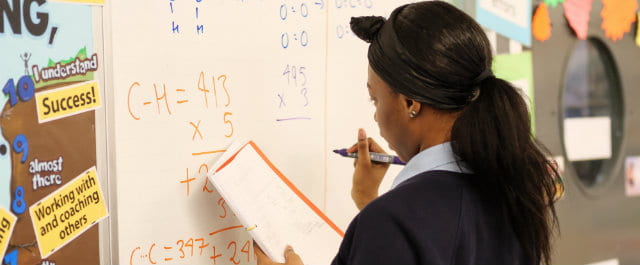Education and Covid-19: five needs that must be met to provide vital learning lifelines for children and teachers
By Blog Editor, IOE Digital, on 14 October 2020

Vagner-Xaruto / Pixabay
14 October 2020
By Rose Luckin
The latest reports from the Programme for International Student Assessment (PISA) have some interesting lessons for the UK as we all try to ensure that pandemic compliant teaching and learning are effective wherever they happen: at home, at school on the bus or in the park.
Yes, the data is from 2018, but the dramatic changes we are going through are unlikely to invalidate the learning we can and must glean. Critical links in our education ecosystem are missing and that breaks what could be a learning lifeline for students, but it’s not just the technology that learners lack, it’s the human touch too.
We already know that the pandemic has highlighted discrepancies in access to technology. However, the PISA data shine a light on ways in which we are not meeting some of the basic student needs that must be met for effective remote learning.
There is general agreement that learners need four key things in order to stand a chance of learning remotely if and when they are unable to attend school, and the PISA data provides some support for a fifth (more…)
 Close
Close


